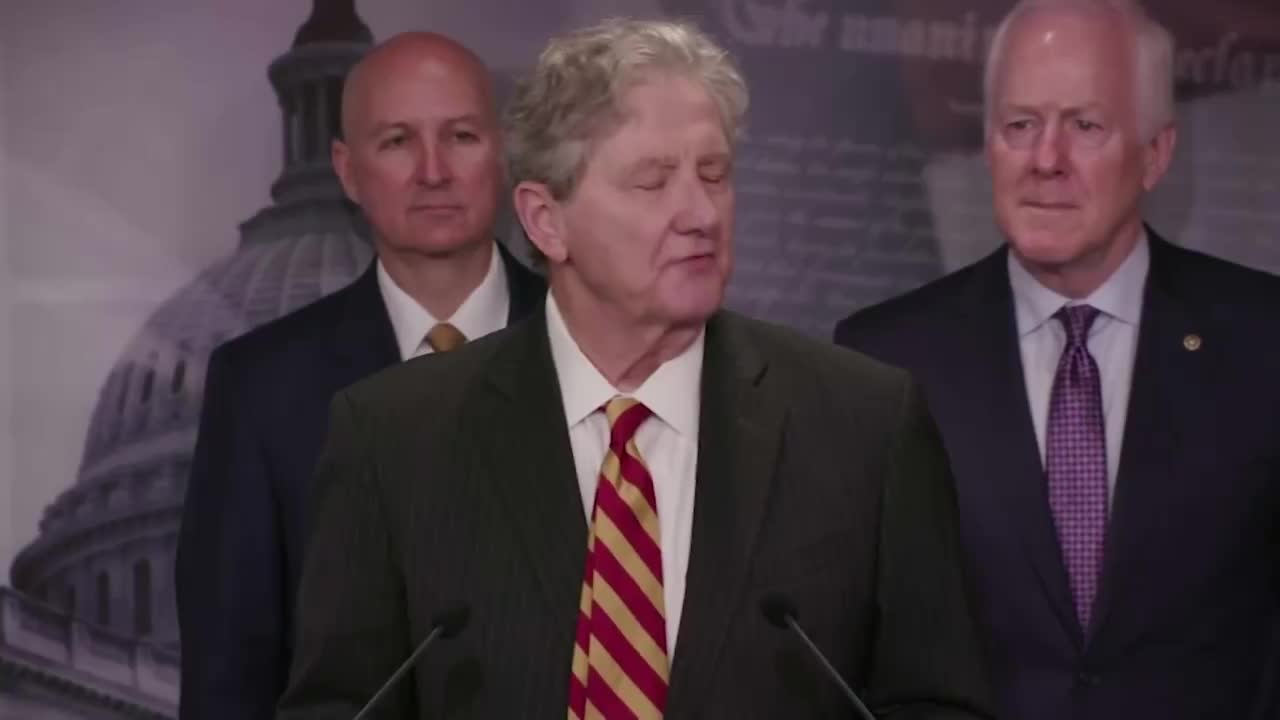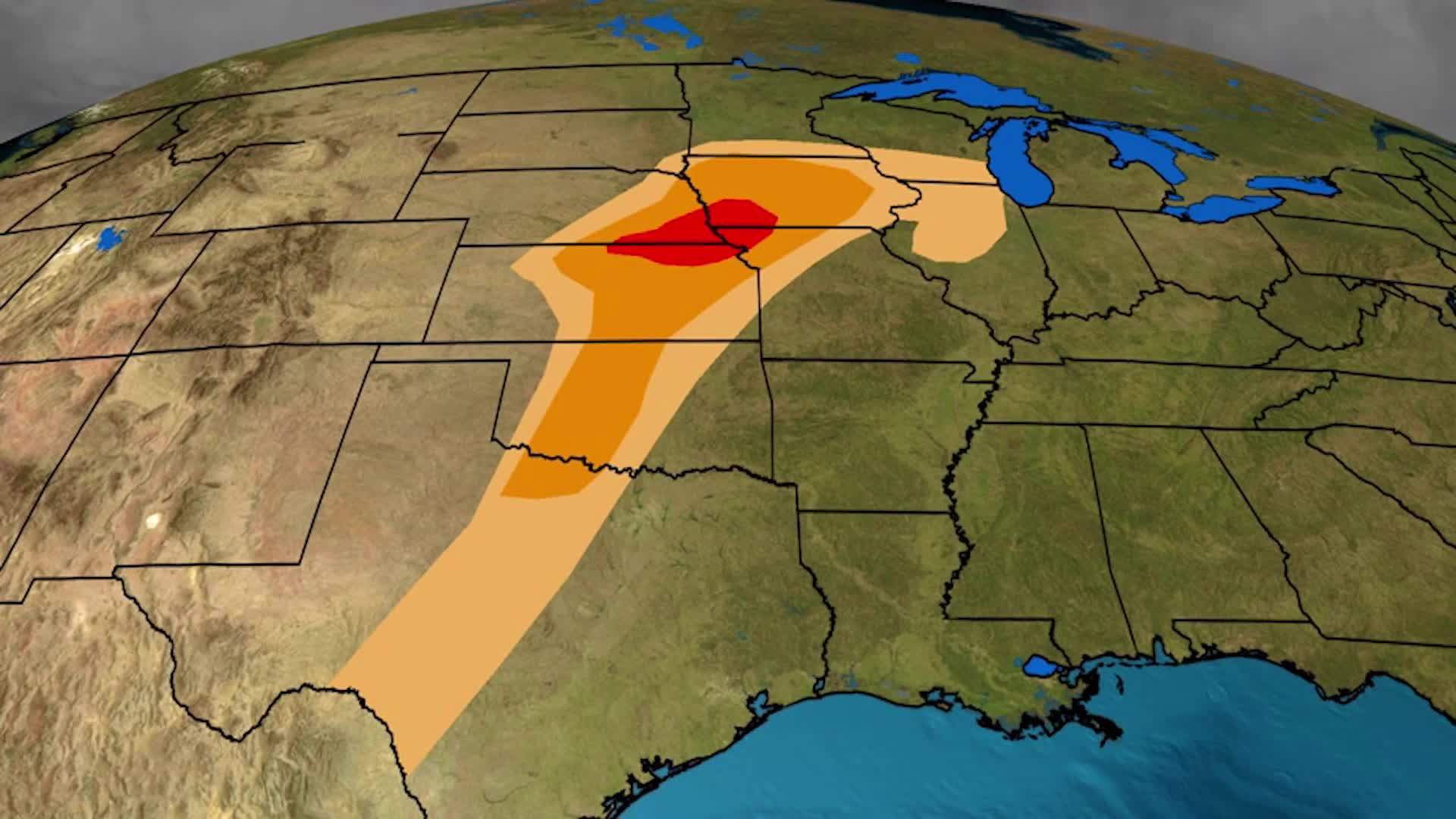Legal Battle: Section 230 And The Sale Of Banned Chemicals On EBay

Table of Contents
Understanding Section 230 of the Communications Decency Act
Section 230 of the Communications Decency Act of 1996 is a cornerstone of internet law in the United States. It offers significant legal protection to online platforms, shielding them from liability for user-generated content. This means that websites and online marketplaces like eBay are generally not held responsible for what their users post or sell. The "good Samaritan" clause of Section 230 further encourages platforms to moderate content, offering immunity even if they choose to remove or edit material deemed objectionable. However, the application of Section 230 is far from straightforward, particularly when it comes to illegal activities like the sale of banned chemicals. Legal interpretations vary, and loopholes exist, leading to ongoing debates about the extent of platform responsibility.
- Definition of Section 230 and its key provisions: Section 230 protects online service providers from being treated as publishers or speakers of user-generated content. It distinguishes between the platform's role as a distributor and its role as a creator or editor of content.
- Examples of how Section 230 protects platforms from lawsuits related to user content: Imagine a user posting defamatory comments on a forum. Without Section 230, the platform could be sued. Section 230 generally protects them from this.
- The debate surrounding the scope of Section 230 and its application to illegal activities: The key question is whether Section 230's protection extends to situations where platforms knowingly allow illegal activity to flourish. The sale of banned chemicals presents a clear challenge to this interpretation.
eBay's Role and Responsibility in Regulating Third-Party Sellers
eBay, as a massive online marketplace, has established policies prohibiting the sale of restricted or banned items, including many dangerous chemicals. They employ various enforcement mechanisms, such as automated detection systems and manual reviews, to identify and remove such listings. However, policing millions of listings daily presents significant challenges. The sheer volume of items makes it difficult to ensure complete compliance. The effectiveness of eBay's current methods in preventing the sale of banned chemicals is a subject of ongoing debate and scrutiny. The system struggles to balance the needs of sellers with the protection of buyers and the public.
- eBay's terms of service related to prohibited items: These terms explicitly list banned substances and outline the consequences for sellers violating these rules.
- eBay's monitoring and removal processes for illegal listings: This involves a combination of automated flagging and human review of reported or suspicious listings.
- The challenges of automated detection systems vs. manual review: Automated systems can flag obvious violations, but sophisticated sellers can circumvent them. Manual review is labor-intensive and potentially slow.
- Examples of successful and unsuccessful enforcement actions: Case studies showcasing both eBay's successes and failures in removing illegal chemical listings are crucial in evaluating their effectiveness.
Legal Precedents and Ongoing Litigation Regarding Banned Chemicals on Online Marketplaces
Several court cases have addressed the liability of online marketplaces for the sale of illegal goods, though few specifically focus on banned chemicals sold via eBay. The legal arguments often center on the interpretation of Section 230 and the extent to which platforms can be held responsible for the actions of their third-party sellers. These cases set important precedents, shaping the legal landscape and influencing future litigation. The outcome of these cases significantly impacts how Section 230 is applied to online marketplaces and their responsibility in preventing illegal sales.
- Summary of key court cases involving similar issues: A review of relevant cases involving other illegal goods sold online will provide context for the challenges faced in cases involving banned chemicals.
- Analysis of judicial opinions and their implications: Examining the reasoning behind court decisions helps to understand the evolving legal interpretations of Section 230 and platform liability.
- Discussion of potential future legal challenges: The sale of banned chemicals online is likely to generate further legal challenges as technology and sales methods evolve.
The Impact of Banned Chemical Sales on Public Health and Safety
The unregulated sale of banned chemicals poses severe risks to public health and environmental safety. Many of these chemicals are highly toxic, carcinogenic, or otherwise harmful if improperly handled or ingested. Their presence on easily accessible online platforms increases the likelihood of misuse, accidental exposure, and environmental contamination. The consequences can be devastating, resulting in injuries, illnesses, and long-term health problems.
- Examples of harmful effects of specific banned chemicals: Highlighting the dangers of specific chemicals sold on platforms adds weight to the urgency of addressing this issue.
- Statistics on incidents related to the misuse of these chemicals: Data on accidents and illnesses caused by the misuse of banned chemicals purchased online reinforces the severity of the problem.
- The role of online platforms in facilitating access to dangerous substances: Online platforms inadvertently become distribution channels for harmful materials, potentially bypassing existing regulations.
Conclusion: Section 230, eBay, and the Ongoing Fight Against Banned Chemical Sales
This article has explored the complex interplay between Section 230, eBay's responsibilities, and the ongoing legal battle surrounding the sale of banned chemicals. Balancing free speech protections with the imperative to protect public safety remains a significant challenge. The legal precedents set in related cases will continue to shape the future of online marketplace liability. The effectiveness of eBay’s efforts to police its platform requires ongoing monitoring and improvement.
We urge readers to stay informed about this crucial legal battle and the evolving regulatory landscape surrounding the sale of banned chemicals on eBay and other online marketplaces. Conduct further research into relevant legislation, and consider the ethical responsibilities of online platforms in preventing the distribution of dangerous substances. Most importantly, if you encounter suspicious listings of banned chemicals, report them to the appropriate authorities and eBay immediately. The fight against the online sale of banned chemicals requires collective action and vigilance.

Featured Posts
-
 Wwes Tyler Bate Returns A Look At His Absence And Comeback
May 21, 2025
Wwes Tyler Bate Returns A Look At His Absence And Comeback
May 21, 2025 -
 Bisakah Liverpool Menjadi Juara Premier League Musim 2024 2025
May 21, 2025
Bisakah Liverpool Menjadi Juara Premier League Musim 2024 2025
May 21, 2025 -
 Overnight Storm Chances And Mondays Severe Weather Outlook
May 21, 2025
Overnight Storm Chances And Mondays Severe Weather Outlook
May 21, 2025 -
 The Allure Of Cassis Blackcurrant From Liqueur To Culinary Delights
May 21, 2025
The Allure Of Cassis Blackcurrant From Liqueur To Culinary Delights
May 21, 2025 -
 The Goldbergs Recurring Jokes And Catchphrases Explained
May 21, 2025
The Goldbergs Recurring Jokes And Catchphrases Explained
May 21, 2025
Latest Posts
-
 Espn On The Bruins Key Moves And Their Impact On The Franchise
May 22, 2025
Espn On The Bruins Key Moves And Their Impact On The Franchise
May 22, 2025 -
 Water Colour Script Review A Critical Look At A Young Playwrights Work
May 22, 2025
Water Colour Script Review A Critical Look At A Young Playwrights Work
May 22, 2025 -
 How Espn Explains The Boston Bruins Crucial Offseason Decisions
May 22, 2025
How Espn Explains The Boston Bruins Crucial Offseason Decisions
May 22, 2025 -
 Water Colour A Playwrights Script Review Honest Assessment
May 22, 2025
Water Colour A Playwrights Script Review Honest Assessment
May 22, 2025 -
 Analyzing The Bruins Offseason Espns Perspective On Franchise Altering Changes
May 22, 2025
Analyzing The Bruins Offseason Espns Perspective On Franchise Altering Changes
May 22, 2025
